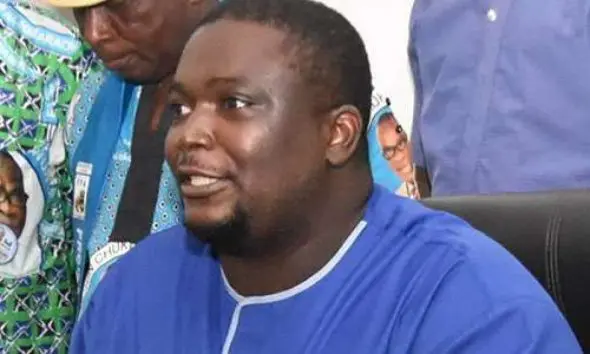
In a recent statement, Chief Peter Ameh, former national chairman of the Inter-Party Advisory Council (IPAC) and a past presidential candidate, has criticized the Nigerian government’s actions against journalists and protesters, urging for the immediate release of all prisoners of conscience. Ameh expressed grave concern over the arrests and harassment of journalists like Bristol Isaac, Daniel Ojukwu, Fisayo Soyinbo, David Hundeyin, and Adejuwon Soyinka, describing these actions as detrimental to democratic principles and human rights.
Ameh argued that such repression undermines freedom of speech and assembly, essential components of democracy. He highlighted several negative impacts of these actions, including:
- Undermining Freedom of Speech: Silencing journalists restricts the exchange of ideas and limits accountability, allowing corruption and abuse of power to thrive.
- Encouraging Self-Censorship: Repercussions against journalists may lead others to self-censor, further constraining information flow.
- Eroding Public Trust: Suppression of diverse viewpoints can damage trust in institutions and foster societal polarization.
- Hindering Informed Decision-Making: Accurate information is crucial for citizens to make informed decisions; without it, they may rely on misinformation.
- Setting a Dangerous Precedent: Normalizing suppression of dissent can threaten democratic foundations.
Ameh’s statement underscores the critical role of journalists in promoting democracy and calls for protection of press freedom amidst ongoing challenges in Nigeria.